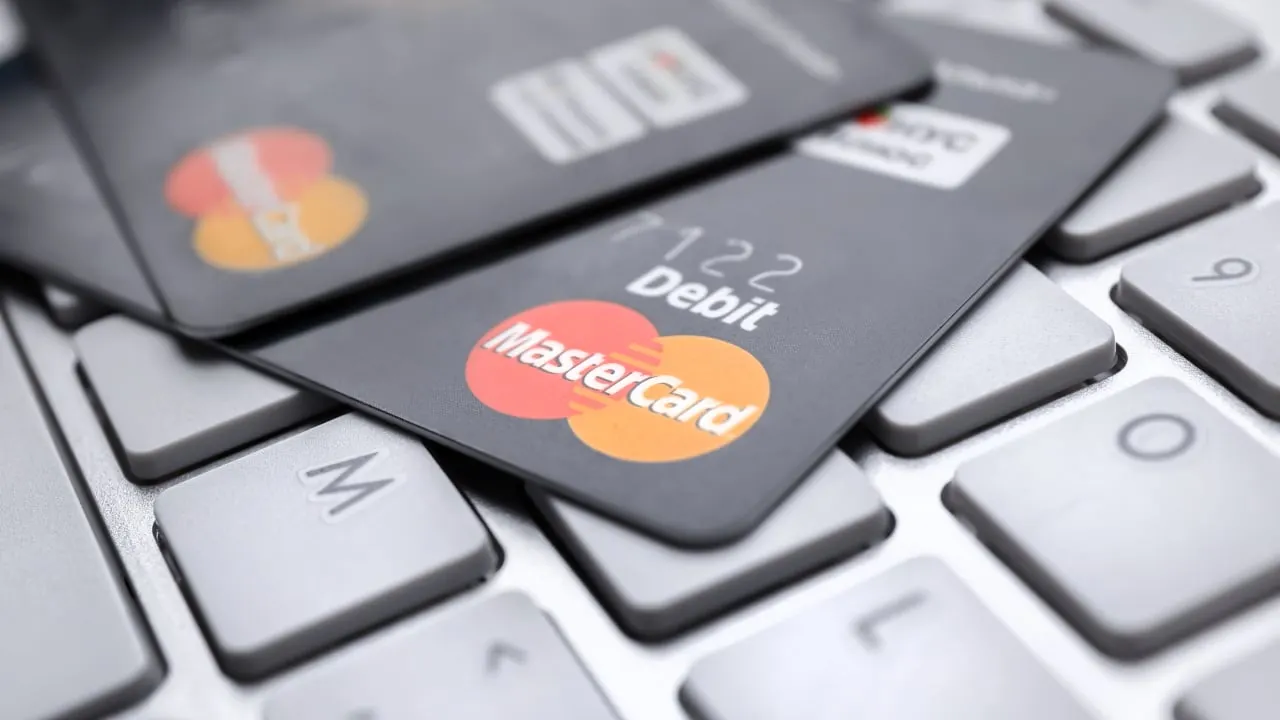Bitcoin’s volatility makes it a poor instrument for making payments, Mastercard’s executive vice chair Ann Cairns said yesterday during the Future of Money conference, per MarketWatch.
“Bitcoin doesn’t behave like a payment instrument. It’s too volatile and it takes too long to transact,” said Cairns.
She explained that while Mastercard is indeed working with various central banks to add stablecoins to its network, it is more appropriate to think of Bitcoin as a store of value asset, akin to gold.
“So if you and I went for a cup of coffee, and you know, I decided to pay with Bitcoin, our coffee might cost me, I don’t know, 40% more by the time it was served. And it takes 10 minutes to actually settle the transaction,” Cairns noted.
Stablecoins, on the other hand, are a type of cryptocurrency with little to no volatility. Tokens, such as Tether’s USDT or Binance’s BUSD, are pegged to the price of other assets—typically the US dollar and are designed to constantly maintain their peg.

This means that one USDT, for example, should always be worth the same as $1. To achieve this, stablecoin issuers hold reserves that are at least equal to the total amount of coins in circulation. This way, users can spend stablecoins as an equivalent of fiat cash—or redeem them for cash.
As Decrypt reported, Mastercard has announced that it will "start supporting select cryptocurrencies directly” on its network in 2021. But this will focus on stablecoins.
"Our crypto partners convert the digital assets on their end to traditional currencies, then transmit them through to the Mastercard network. Our change to supporting digital assets directly will allow many more merchants to accept crypto—an ability that’s currently limited by proprietary methods unique to each digital asset,” the company’s blog explained at the time.
Mastercard noted that adding support for crypto should allow the company to “cut out inefficiencies” and allow both consumers and merchants to “avoid having to convert back and forth between crypto and traditional to make purchases.”

